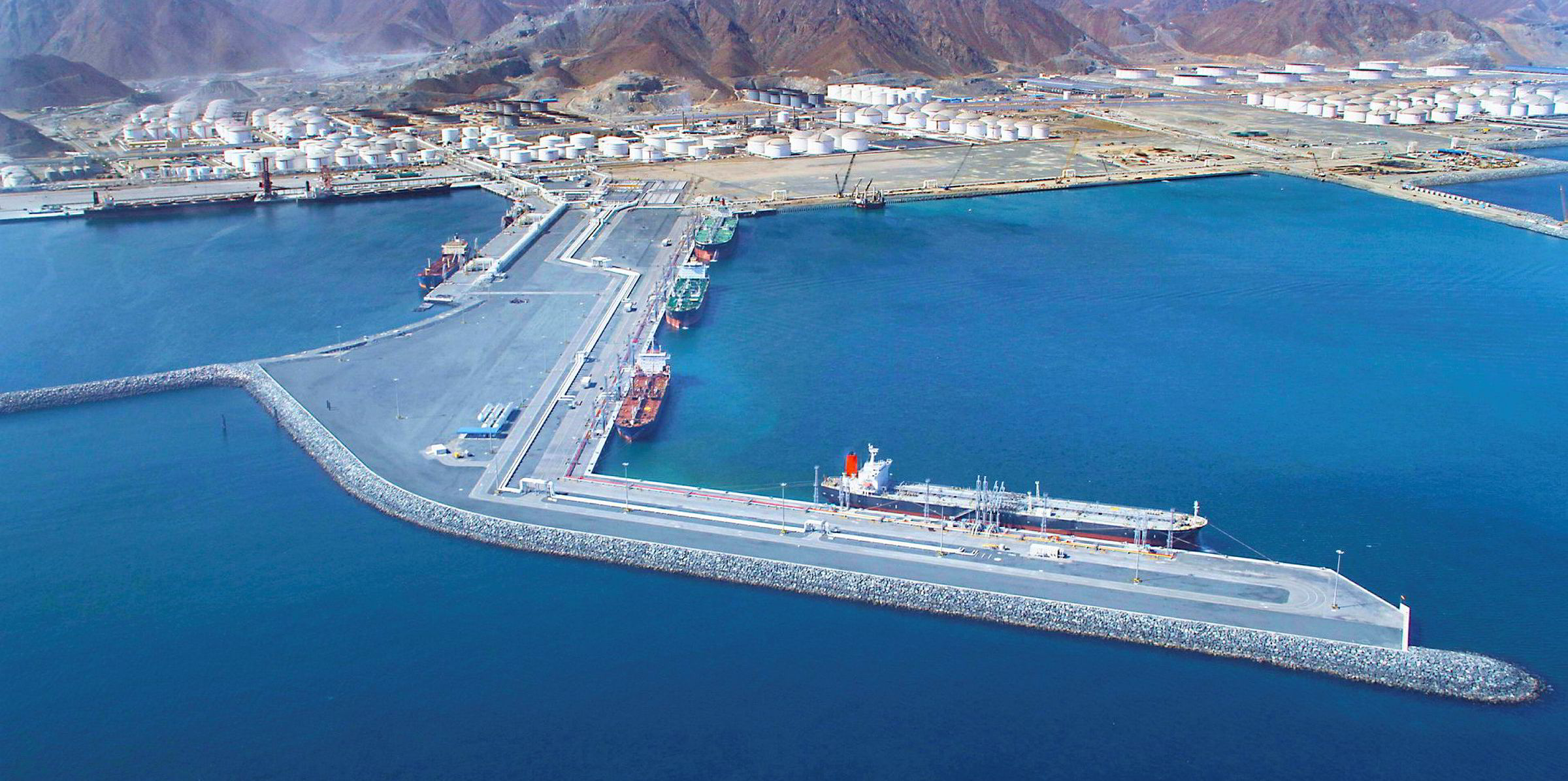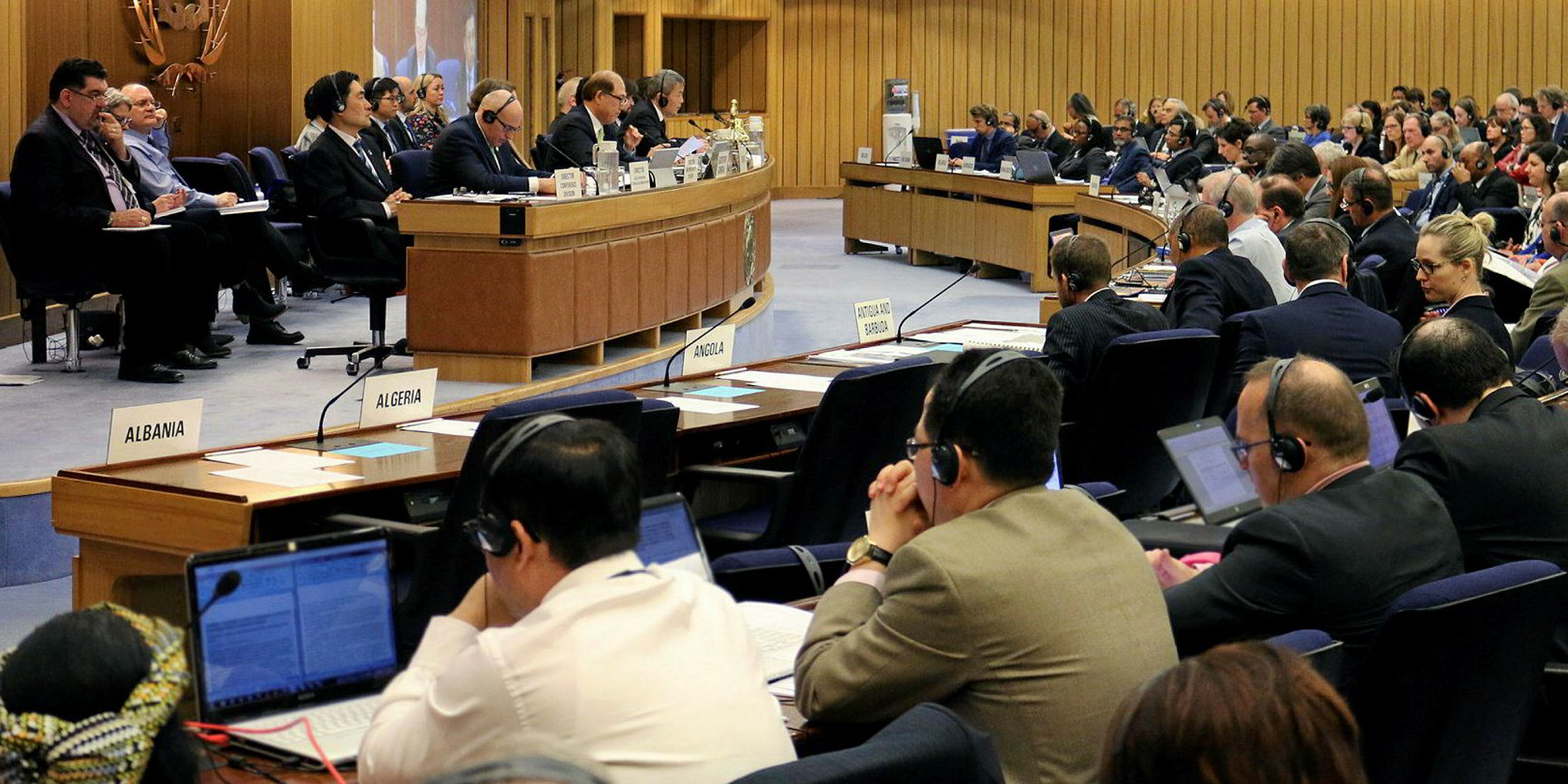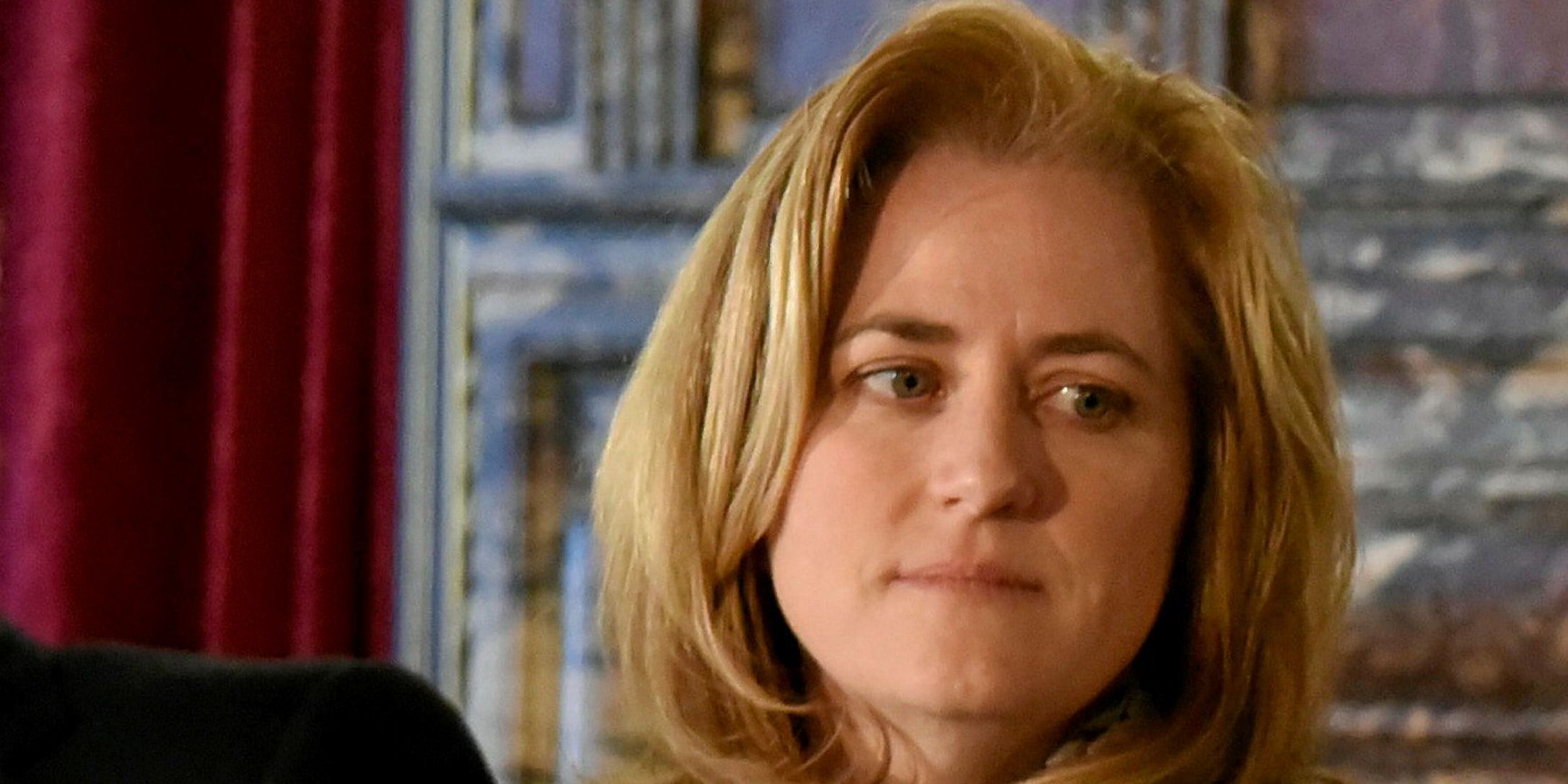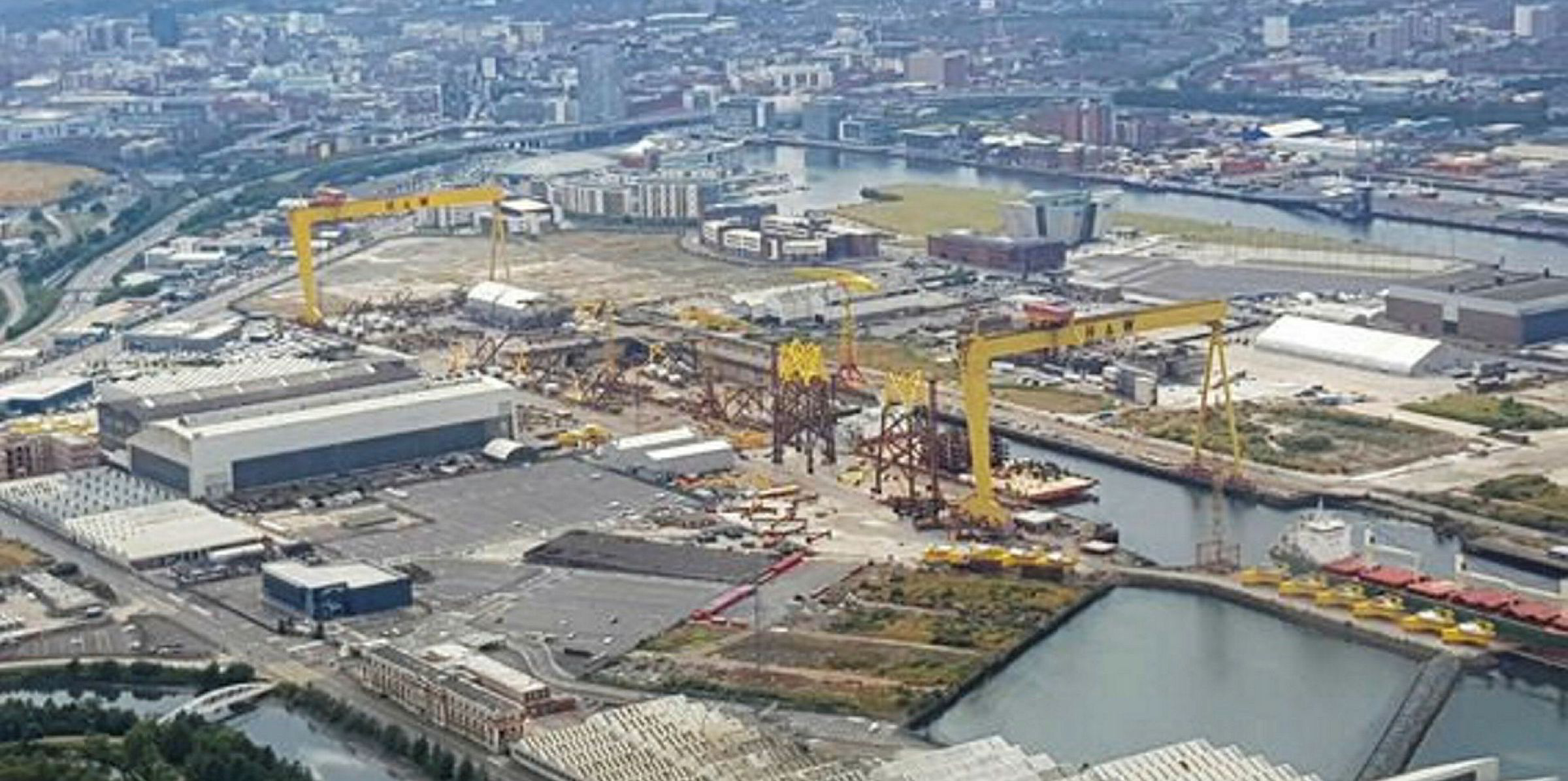The biggest disruption to the oil supply chain in recent memory has allowed tanker owners to enjoy sky-high charter rates in recent weeks. But industry observers have warned they are not immune from the troubles of their clients.
With oil firms struggling to deal with brimming tanks due to the coronavirus-triggered collapse in demand, a historically high number of tankers have been stuck at destination ports for indefinite periods, according to data analysts.
Those with available vessels can easily charge high rates in spot trading, with some caveats: brokers and lawyers expect payments of charter hires and demurrage to be late while more legal disputes arise.
“Vessel owners are typically only paid after completion of a voyage, and that is taking a lot longer these days,” Poten & Partners’ research manager Erik Broekhuizen said in a recent note.
“While the vessel is waiting to discharge, owners typically charge demurrage, which may also not be collected for months.”
Late payments
Spot tanker trading generally utilises voyage charter forms. While some of them require charterers to pay after cargo loading, the more common ones — such as Shellvoy and Asbatankvoy — suggest freight would be payable upon completion of discharge, according to legal experts.
“These owners will have to wait longer to receive payments if discharge is delayed,” Norton Rose’s shipping lawyers Philip Roche and Ieronymos Bikakis said.
“As for seeking payment when vessels are stuck at terminals, awaiting to discharge, this will be difficult to achieve.”
The lawyers said that under some of these charter forms, such as Shellvoy 6, freight is only earned when the cargo is discharged.
“Therefore advance freight payment would be out of the question,” they told TradeWinds in an email.
While shipowners can usually charge demurrage for port delays, in most situations those penalties would also not be paid early.
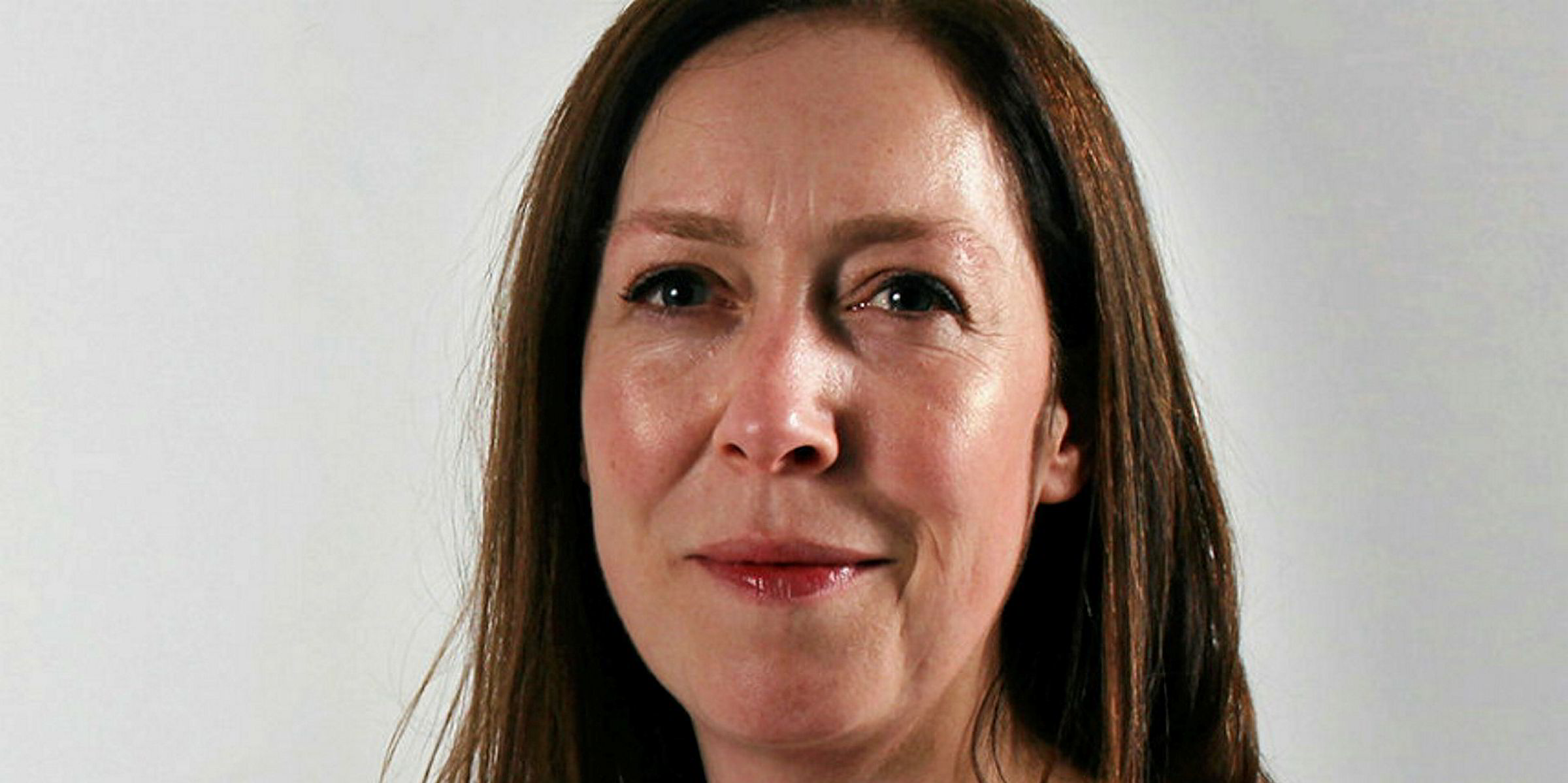
“Some voyage charters will provide that demurrage is payable every seven days as it is accrued, but this is by no means the norm,” Hill Dickinson partner Beth Bradley said.
“So in the context of delays, it may be that payment of demurrage would not happen until after discharge is complete.”
In addition, charterers — which are financially stressed oil companies in many instances — are expected to minimise demurrage payments.
Their efforts could be further complicated by quarantine measures at many ports during the Covid-19 outbreak, which often delay the timings of vessel entry.
There are also reports of many terminals declaring force majeure to halt operations, with ports across India exercising force majeure clauses.
India's Ministry of Shipping issued a notice to ports at the end of March instructing them that no penalties or demurrage charges could be levied against traders and shipowners for delays and evacuation of cargoes if caused by lockdown measures.
“Charterers will obviously seek to rely on exceptions to laytime and demurrage to minimise their liability for demurrage,” Clyde & Co partner Nicholas Lum said, although he recognised that force majeure has no established meaning under English law.
“If a port has declared force majeure, it would arguably assist the charterers' case in relying on a force majeure event.”
Oil traders and tanker operators claim that Indian importers and charterers are either demanding that demurrage charges be waived or discounted by 50% or more.
“There are different interpretations but all are thinking that they are entitled to some sort of benefit or discount," said a senior executive at a large Indian shipping company that has a strong international presence in the larger tanker sectors.
"This is quite unfair for a shipowner. Delays are always an unknown, and now they are saying we will receive zero compensation for this period."
While force majeure often would not stop the accruing of demurrage on a stand-alone basis, specific virus-related charter terms and individual situations may dictate the outcome of any legal disputes, according to lawyers.
However, in the hot tanker market, shipowners are not willing to take a risk on the semantics of legal terms.
"From a commercial point of view, I would avoid any cargo where there is the possibility of a dispute that will probably end up in litigation or arbitration, especially when I can potentially do other business elsewhere where there is no such risk," the Indian shipping executive said.
Tanker brokers based in Singapore concurred, claiming that some tanker operators are avoiding Indian spot cargoes.
"The market is hot and they don't want to take on Indian business with all its uncertainty when there are easier pickings elsewhere," one broker said.
